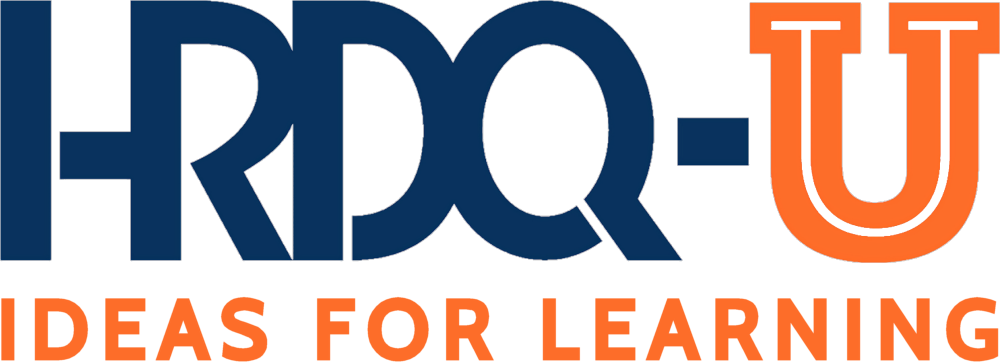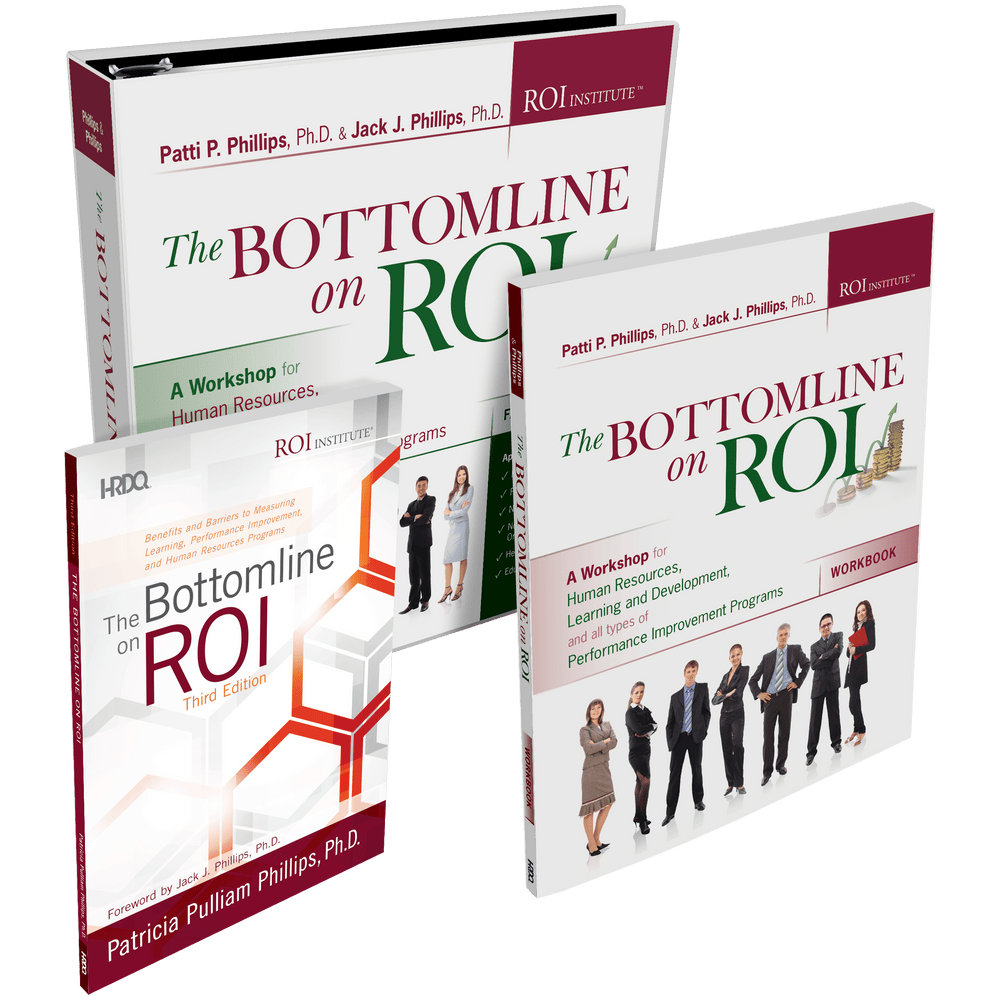Why You Need a Robust Evaluation Strategy
Too often, training programs are evaluated using surface-level metrics – things like participation rates, test scores, or course completions. While these numbers matter, they don’t tell the whole story.
To understand the real impact of learning, organizations must go deeper – beyond activity – and measure outcomes. The key question is not just who attended or what they learned, but how did it change behavior and business results, and did it do either efficiently?
That’s exactly what the ROI Methodology helps answer. It provides a structured, evidence-based framework that links learning to performance and results, so you can show real value and make data-informed decisions.
The ROI Methodology: A Proven Five-Level Framework
The ROI Methodology evaluates programs at five levels, each one building on the last:
- Reaction: How participants respond to the program – did they find it valuable, relevant, and engaging?
- Learning: What knowledge, skills, or information did they actually gain?
- Application: How are they applying what they learned on the job?
- Impact: What measurable changes are occurring in key business metrics, such as productivity, quality, customer satisfaction, or revenue?
- ROI: What is the financial return? Do the program’s benefits outweigh its costs?
Evaluating across these five levels gives you a complete picture of success – from engagement to impact – and provides data you can use to refine and strengthen your programs.
The Power of Demonstrating ROI
Being able to show ROI isn’t just about numbers; it’s about earning trust, credibility, and continued investment. When you can demonstrate tangible results, you do the following:
- Increase accountability: Leaders see exactly how learning drives business success.
- Secure funding: Clear evidence of impact makes the case for continued or expanded investment.
- Enhance credibility: The L&D function is recognized as a strategic partner, not just a support service.
- Allocate resources wisely: Focus on programs that deliver the greatest results.
- Monitor performance: Track progress and continuously improve outcomes.
An ROI strategy can be applied far beyond training; it’s valuable in evaluating business initiatives, marketing efforts, technology projects, and more. Wherever resources are invested, ROI shows whether they’re generating value.
Turning Evaluation Into Improvement
Evaluation isn’t just about proving value – it’s about improving value. When you measure results effectively, you don’t just defend your programs – you make them better. A robust evaluation strategy, grounded in the ROI Methodology, helps learning and talent development leaders demonstrate value, gain leadership buy-in, and continuously improve performance.
Want to take your evaluation strategy to the next level? Join our interactive strategy session with ROI Institute leaders to learn how to apply these principles to your own programs.



























